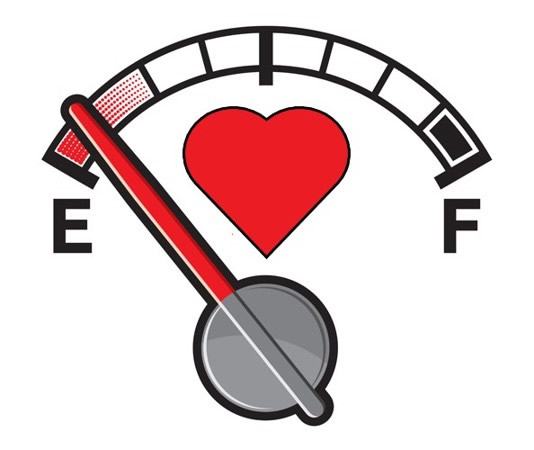
 This 5-part Curriculum Infusion Package (CIP) on Compassion Fatigue and the Behavioral Health Workforce was developed in 2020 by the Pacific Southwest Addiction Technology Transfer Center (PSATTC). The main developers included Nancy Roget, MS, Joyce Hartje, PhD, and Terra Hamblin, MA, with additional guidance and editing support provided by Beth Rutkowski, MPH, Thomas E. Freese, PhD, and Michael Shafer, PhD.
This 5-part Curriculum Infusion Package (CIP) on Compassion Fatigue and the Behavioral Health Workforce was developed in 2020 by the Pacific Southwest Addiction Technology Transfer Center (PSATTC). The main developers included Nancy Roget, MS, Joyce Hartje, PhD, and Terra Hamblin, MA, with additional guidance and editing support provided by Beth Rutkowski, MPH, Thomas E. Freese, PhD, and Michael Shafer, PhD.
The Compassion Fatigue CIP was created to help college and university faculty infuse brief, science-based content into existing substance use disorder-related course syllabi (e.g., foundation of addiction courses, ethics, counseling courses, etc.). Instructors can select the specific content to infuse throughout the duration of the course depending on specific needs of the learners. Each slide contains notes for the instructor to provide guidance as necessary. References are included for each slide and handouts when possible.
Part 1 provides a brief overview of the behavioral health workforce and associated shortages, and introduces the demands on the workforce. Part 2 focuses on compassion fatigue and secondary traumatic stress. Part 3 provides a brief overview of how organizations can help individuals avoid experiencing burnout. Part 4 focuses on actions that behavioral health professionals can take to prevent compassion fatigue. And Part 5 focuses on self-care as an ethical duty in order to manage compassion fatigue.
The slide decks are designed to be used by academic faculty in behavioral health programs, trainers, behavioral health providers, and state/county agency staff members for a variety of audiences. If you require further information on this topic, please do not hesitate to contact the Pacific Southwest ATTC (http://www.psattc.org). You are free to use these slides and the pictures, but please give credit to the Pacific Southwest ATTC when using them by keeping the logo on each slide and referencing the Pacific Southwest ATTC at the beginning of your presentation.
Compassion Fatigue CIP Slides
Acknowledgements: The Pacific Southwest ATTC (HHS Region 9) is part of the SAMHSA-funded ATTC network that offers training/technical assistance (TA) services through a partnership with UCLA Integrated Substance Abuse Programs, Arizona State University School of Social Work, and University of Nevada-Reno Center for the Application of Substance Abuse Technologies. HHS Region 9 is comprised of Arizona, California, Hawaii, Nevada, and the six U.S.-affiliated Pacific Jurisdictions (American Samoa, Commonwealth of the Northern Mariana Islands, Federated States of Micronesia, Guam, Republic of the Marshall Islands, and Republic of Palau). For additional information, please access its website at http://www.psattc.org. Additional resources are available to enhance and support the information provided in this brief presentation.